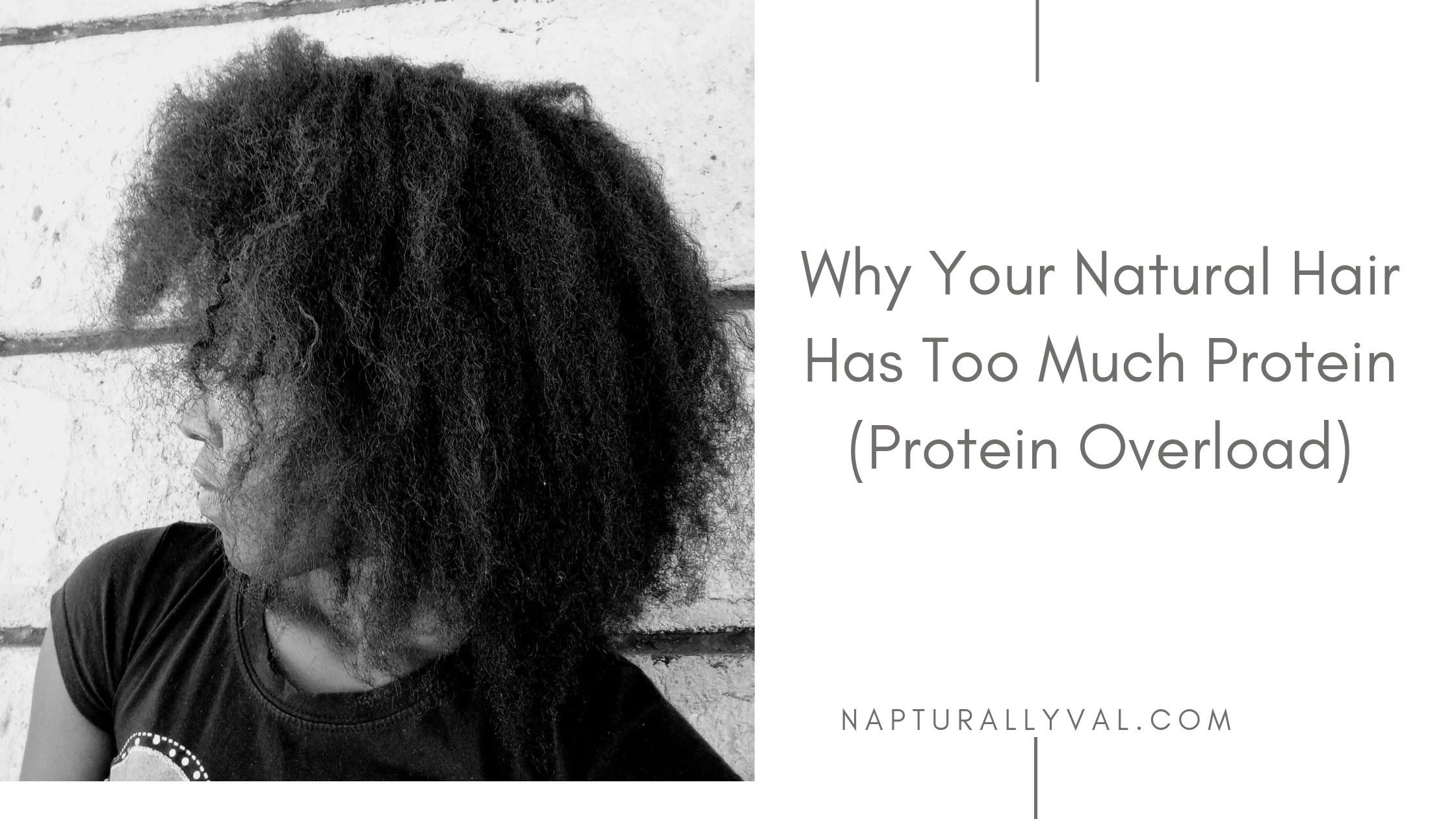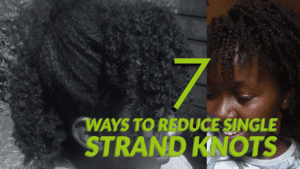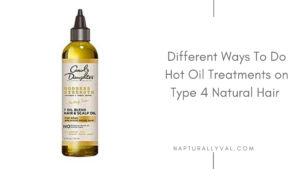Yes, your hair can have too much protein. Using protein treatments and other hair care products with protein in their ingredients list is okay but we all know too much of something… Too much protein in hair is popularly referred to as protein overload.
Feel like your hair has been the same length forever, I’ve an Ebook that will help you grow your hair healthier, longer and thicker. Grab your copy here… Also, check out all the Ebooks,guides and journals that will go a long way in your hair care journey here.
Protein plays a vital role in strengthening weak hair and repairing hair damage. Our hair shaft is made up of protein bonds know as keratin, that are responsible for our hair strength and structure. Through manipulation, styling and heat usage, the protein bonds gets broken leading to change in hair structure. That’s when you start noticing more breakage, hair thinning, weak hair, damaged and split ends.
“Disclosure: Some of the links below are affiliate links. This means that, at zero cost to you, I will earn an affiliate commission if you click through the link and finalize a purchase.”

Table of Contents
Why Your Natural Hair Has Too Much Protein (3 Surprising Causes)
Does Natural hair need protein?
As mentioned early our hair needs protein to maintain the moisture- protein balance needed for growth of healthy hair. Protein also strengthen our hair minimizing breakage and hair thinning as well as repairing or reconstructing hair damages caused by either color, heat or the daily wear and tear.
Which products have protein?
Most hair care products have protein especially products tailored to strengthen the hair and repair damage. You can find protein ingredients in shampoos, deep conditioners, leave-in conditioners and some styling products. To know if a hair product has protein, check out for ingredients starting with the word “hydrolyzed or has a word protein.”
Ingredients like hydrolyzed wheat protein , soy protein, rice protein, keratin, collagen, hydrolyzed silk protein. There are also deep conditioners that are protein based also known as protein treatments that are tailored to strengthen the hair and repair hair damages. If you prefer using moisturizing products like yours truly, a protein treatment is important once in a while to maintain the healthy balance.
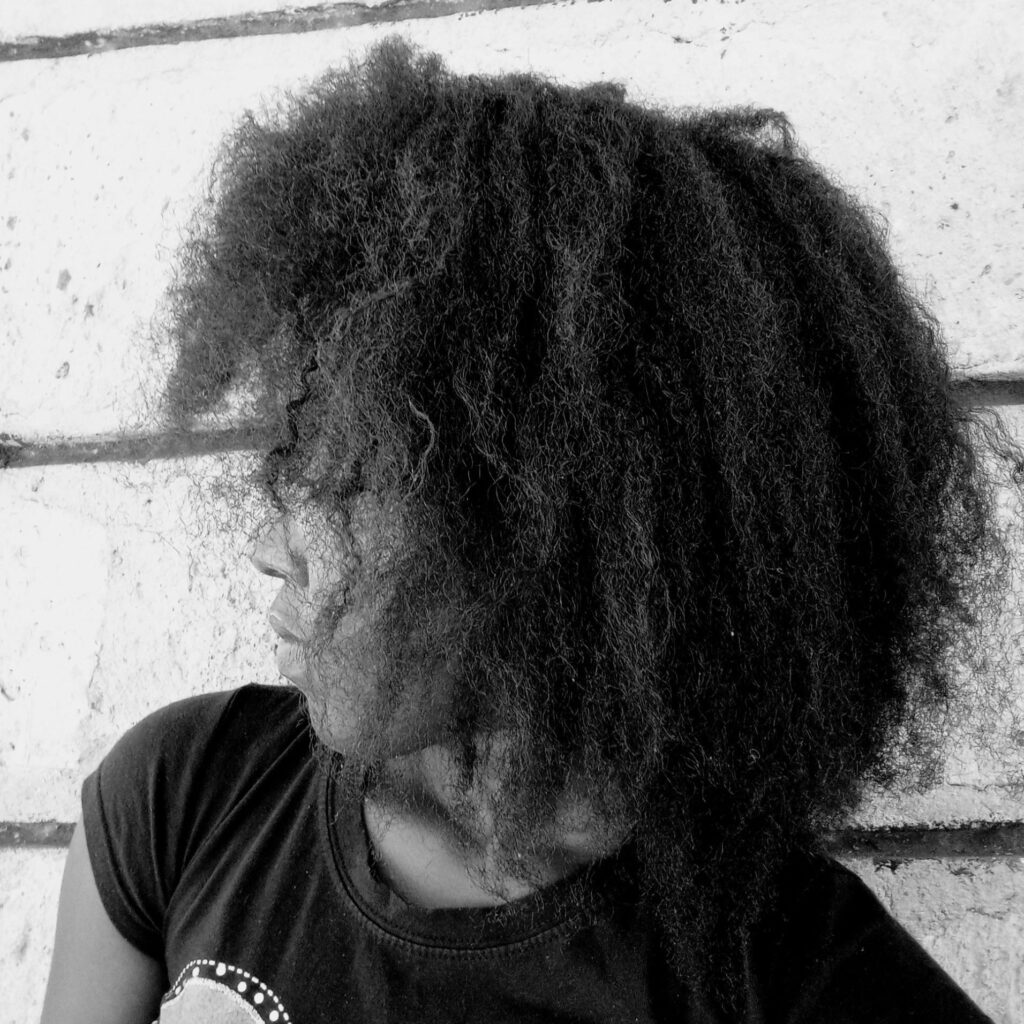
Why does your hair have too much protein.
Frequent use of protein treatments.
This is a major one. For those who rarely or never use heat or color their hair, using protein treatments at least monthly should be the goal. Choosing to use protein treatments every week or every other week can be a little too much for your hair causing protein overload. If you rarely manipulate your hair and not sure how often you should use protein treatments, go for balanced deep Conditioners that have a balanced ratio of moisture and protein to keep your hair healthy.
When experiencing hair damage and weak hair, protein treatments are a necessity to repair the protein bonds. Depending on the damage caused, you can use protein treatments on every wash day and follow up with a moisturizing deep conditioner.
All Your Products have protein.
There was a time where you could mostly find protein ingredients in protein treatments and moisturizing deep Conditioners but now, proteins are everywhere. Using all products from shampoo, deep conditioner, leave-in conditioner to styling creams and gels with protein will most likely cause protein overload.
Hair Texture
Genetics play a significant role in determining hair texture and characteristics. Some individuals naturally have hair that is more protein-sensitive and may lead to protein overload.
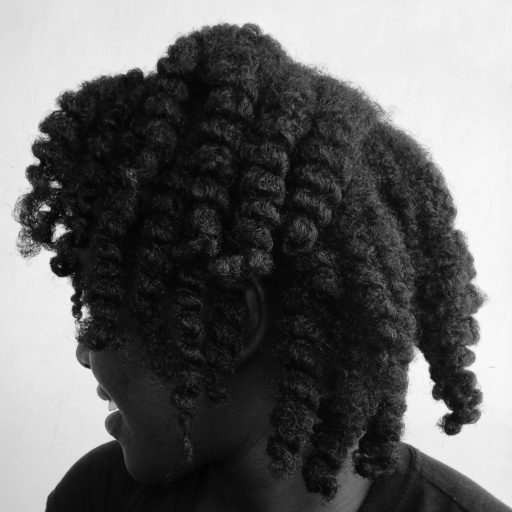
Signs that your hair has too much protein( protein overload)
- The hair feels stiff
- Hair lacks elasticity; the hair doesn’t bounce or curl back after stretching
- Styling gets difficult and your hair doesn’t hold styles.
How to repair protein overload.
Use more moisturizing products like moisturizing deep Conditioners and leave-in conditioners. Ditch all products with protein in them and use a clarifying shampoo to help get rid of the protein build-up.
I would love to know have you experienced protein overload and how did you treat it?

